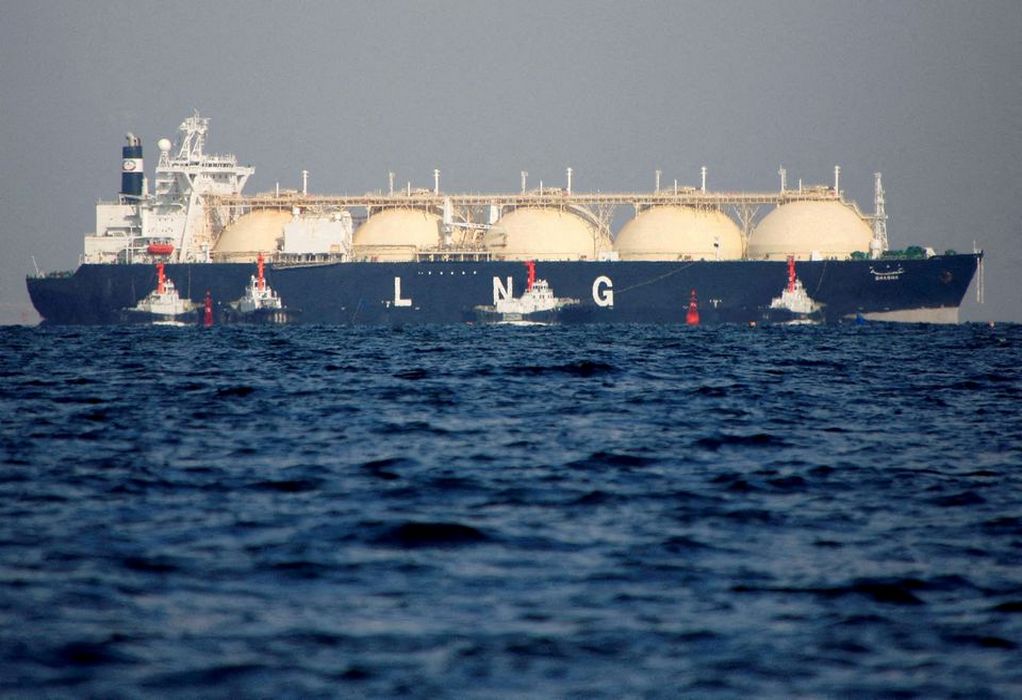Russia is burning an estimated $10 million worth of natural gas a day near its border with Finland, even as it threatens to push Europe into a winter energy crisis by restricting exports to Germany and other countries.
According to analysis of heat levels and satellite data by Rystad Energy, State gas giant Gazprom is burning off, or “flaring,” about 4.34 million cubic meters of gas a day at a new liquified natural gas (LNG) facility.
That’s equivalent to 1.6 billion cubic meters on an annual basis, or about 0.5% of the bloc’s gas demand, and worth about $10 million a day based on last week’s European spot gas price.
The flaring at Gazprom’s Portovaya plant is an “environmental disaster,” Rystad said, with about 9,000 tons of carbon dioxide being emitted every day. That’s the same amount of emissions produced over a whole year by more than 1,100 average American homes.
The plant is close to a compressor station at the beginning of the Nord Stream 1 pipeline, one of the main arteries carrying Russian gas to the European Union.
Rystad said that Russia is burning gas that would otherwise have been exported to Europe through the pipeline, which usually accounts for more than a third of Europe’s gas imports but where flows have been throttled back to just 20% of normal levels.
Overall, gas exports to Europe from Russia are down 77% so far this year compared to the same period in 2021, according to Rystad. Last year, Moscow accounted for 45% of the European Union’s total gas imports, data from the International Energy Agency shows.
The bloc has been trying to wean itself off Russian gas since the invasion of Ukraine six months ago. It is racing to fill up its storage facilities, cut its demand and secure alternate energy sources to avoid having to ration energy this winter.


Recent Posts
Ammonia
Azane Unveils New Subsidiary to Drive Ammonia Bunkering Development Oslo, Norway
Fuels Heavy oils
Public sector carbon emissions fall to 3.7 mn tonnes in Singapore
Fuels Heavy oils
UltraTech Cement targets to achieve 85% green energy
Fuels LNG
JCB unveils hydrogen combustion technology